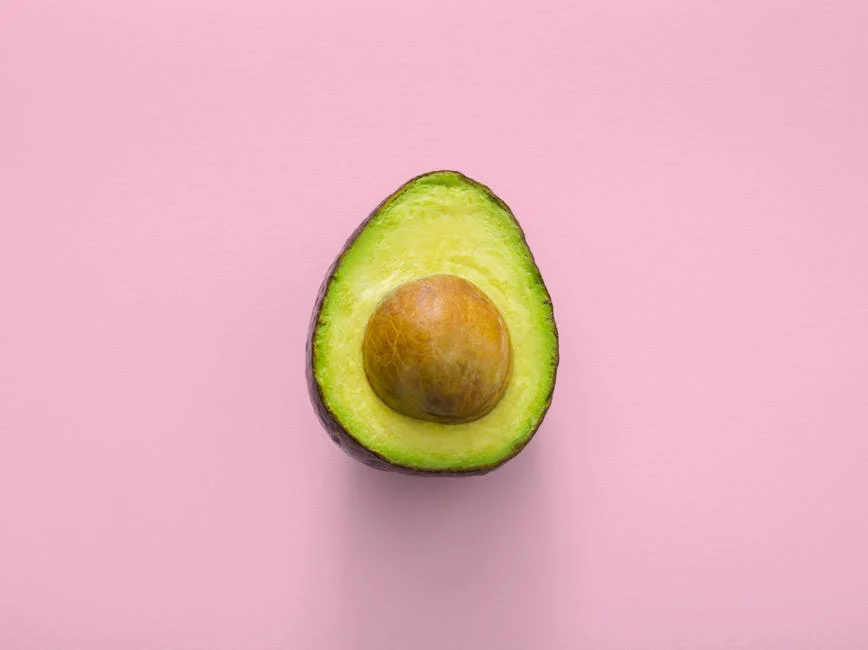Introduction
The Paleo diet, often referred to as the “caveman diet,” focuses on consuming foods our hunter-gatherer ancestors are believed to have eaten. While primarily associated with weight loss and improved health, it can also surprisingly align with and support a minimalist lifestyle. This article explores how adopting the Paleo diet can ease your transition to a more minimalist existence, focusing on simplifying your food choices, reducing waste, and fostering a deeper connection with your food.
How the Paleo Diet Facilitates Minimalism
Simplified Food Choices
One of the core tenets of minimalism is simplifying your life by reducing clutter and making conscious choices. The Paleo diet inherently promotes this:
- Elimination of Processed Foods: Paleo emphasizes whole, unprocessed foods, automatically eliminating a vast majority of packaged and processed options that often clutter pantries.
- Focus on Core Food Groups: By focusing on meats, fruits, vegetables, nuts, and seeds, you limit your food options, making grocery shopping and meal planning significantly easier.
- Reduced Decision Fatigue: A simplified food palette reduces the mental energy spent on deciding what to eat, freeing up your mind for other pursuits aligned with minimalism.
Reducing Food Waste
Minimalism also promotes mindful consumption and waste reduction. The Paleo diet can contribute to this in several ways:
- Prioritizing Fresh, Whole Foods: Paleo encourages using fresh ingredients, which, when planned properly, can lead to less food waste compared to relying on processed foods with longer shelf lives that often get forgotten.
- Mindful Meal Planning: Successfully following a Paleo diet often necessitates meal planning, which helps you buy only what you need and prevents impulse purchases that end up spoiling.
- Utilizing Leftovers Creatively: Paleo-friendly leftovers can be easily repurposed into new meals. Grilled chicken can be used in salads, stir-fries, or lettuce wraps, minimizing waste and maximizing value.
Connecting with Your Food Source
Minimalism encourages a deeper connection with the items we choose to own and consume. The Paleo diet fosters this connection with food:
- Emphasis on Local and Sustainable Sourcing: While not strictly part of the Paleo definition, many adherents prioritize sourcing their food from local farmers’ markets or participating in Community Supported Agriculture (CSA) programs. This supports local economies and provides a direct link to where your food comes from.
- Appreciation for Whole Foods: By focusing on whole, unprocessed foods, you develop a greater appreciation for the natural flavors and textures of real food.
- Mindful Eating Practices: The Paleo diet encourages mindful eating, savoring each bite and paying attention to your body’s signals of hunger and fullness, preventing overeating and promoting a healthier relationship with food.
Streamlining Your Kitchen
A minimalist kitchen is efficient and uncluttered. The Paleo diet naturally helps in achieving this:
- Fewer Gadgets Needed: Paleo cooking often involves simpler methods like roasting, grilling, and sautéing, reducing the need for specialized kitchen gadgets.
- Simplified Pantry: A Paleo pantry is stocked with essential ingredients like healthy oils (olive, coconut, avocado), spices, nuts, and seeds, eliminating the need for a vast array of processed sauces and condiments.
- Easy Clean-Up: Whole-food based meals often generate less packaging waste and are easier to clean up compared to meals involving multiple processed ingredients.
Conclusion
While seemingly unrelated, the Paleo diet and minimalism share common ground in promoting simplicity, mindful consumption, and a focus on what truly matters. By adopting the Paleo diet, you can simplify your food choices, reduce waste, connect with your food source, and streamline your kitchen, ultimately supporting and enhancing your journey towards a more minimalist and fulfilling lifestyle. The focus on whole, unprocessed foods not only benefits your health but also cultivates a more intentional and conscious approach to consumption, aligning perfectly with the core principles of minimalism.
